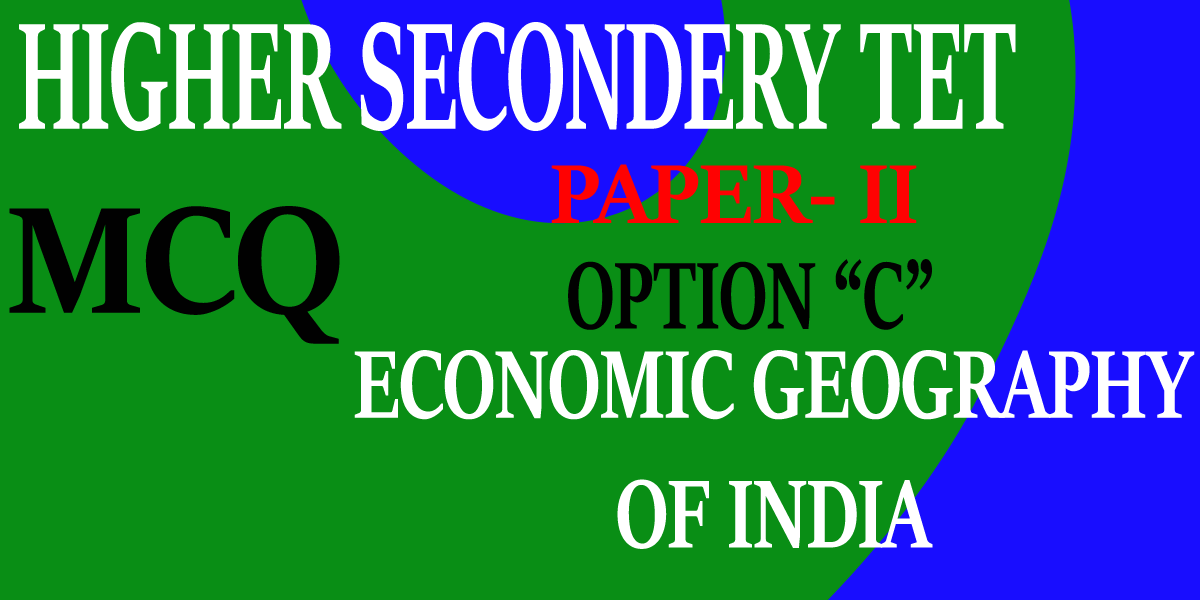Freedom Movement of India MCQ. The national movement and constitutional development culminated in the enactment of the Indian Independence Act 1947. This Act brought British rule to an end and established two dominions of India and Pakistan with right to secede from the British Commonwealth. The enactment of the Indian Independence in Act 1947 was an event of great constitutional importance in so far as it closed the chapter of British rule in India and ushered the dawn of free India.
Freedom Movement of India MCQ
Select the correct Answer
1. The rise of nationalism in India was
(a) chiefy due to the British rule in India
(b) chiefly due to Socio-Religious Movement
(c) the combined result of a number of factors
(d) none of the above
Ans: c
2. For which one of the following factors rise of nationalism in India, the British rule was not responsible?
(a) provision of a lingua franca
(b) introduction of modern means of transport and communication
(c) encouragement to Socio-Religious Movement (d) policy of economic exploitation
Ans: c
3. Which one of the following Governor General’s time is known as the seeding time of nationalism in India?
(a) Lord Lytton
(b) Lord Rippon
(c) Lord Wavel
(d) William Bentinck
Ans: a
4. The Indian National Congress was founded in 1885 at the initiative of
(a) Mahatma Gandhi
(b) A.O. Hume
(c) Womesh Chandra Bannerjee
(d) Jawaharlal Nehru
Ans: d
5. Which one of the followings has been wrongly listed as an object of Indian National Congress?
(a) to promote personal intimacy and friendship among earnest workers in different parts of the empire
আপুনি যদি আমাৰ পেজ পঢ়ি ভাল পাইছে তেন্তে আমাৰ ‘নিউজলেটাৰ চাবস্ক্রাইব’ কৰক। নতুবা আমাৰ ‘ফেচবুক পৃষ্ঠা’ অনুসৰণ কৰক বা আমাৰ “ইউটিউব চেনেল চাবস্ক্রাইব’ কৰক ।
(b) to encourage intercourse among people of all races, creeds and provinces with a view to develop and consolidate sentiments of national unity
(c) to secure proper share for the Indians in the administration of the country.
(d) to maintain authoritative record of the mature opinion of the educated classes in India on some of the important and pressing social questions of the day.
Ans: c
6. Which one of the following Acts has been described as the most important milestone on the road that led to the establishment of Parliamentary Government in lndia?
(a) the Act of 1858
(b) the Indian Councils Act 1861
(c)the Indian Councils Act 1892
(d) the Act of 1868
Ans: c
7. The first session of Indian National Congress was presided over by-
(a) A.O. Hume
(b) Womesh Chandra Bannerji
(c) Dadabhai Naoroji
(d) Bipin Chandra Pal
Ans: b
8. The first session of Indian National Congress was held at-
(a) Bombay
(b)Uttarpradesh
(c) Nagpur
(d) Punjub
Ans: a
9. The initial reaction of the government to the formation of Indian National Congress was
(a) quite favourable
(b) almost one of indifference
(c) quite unfavourable
(d) none of the above
Ans: a
10. The first phase of National Movement (1885-1905) was dominated by:
(a) princes
(b) landlords
(c) Britishers
(d) middle class Indian Intelligentia
Ans: b
